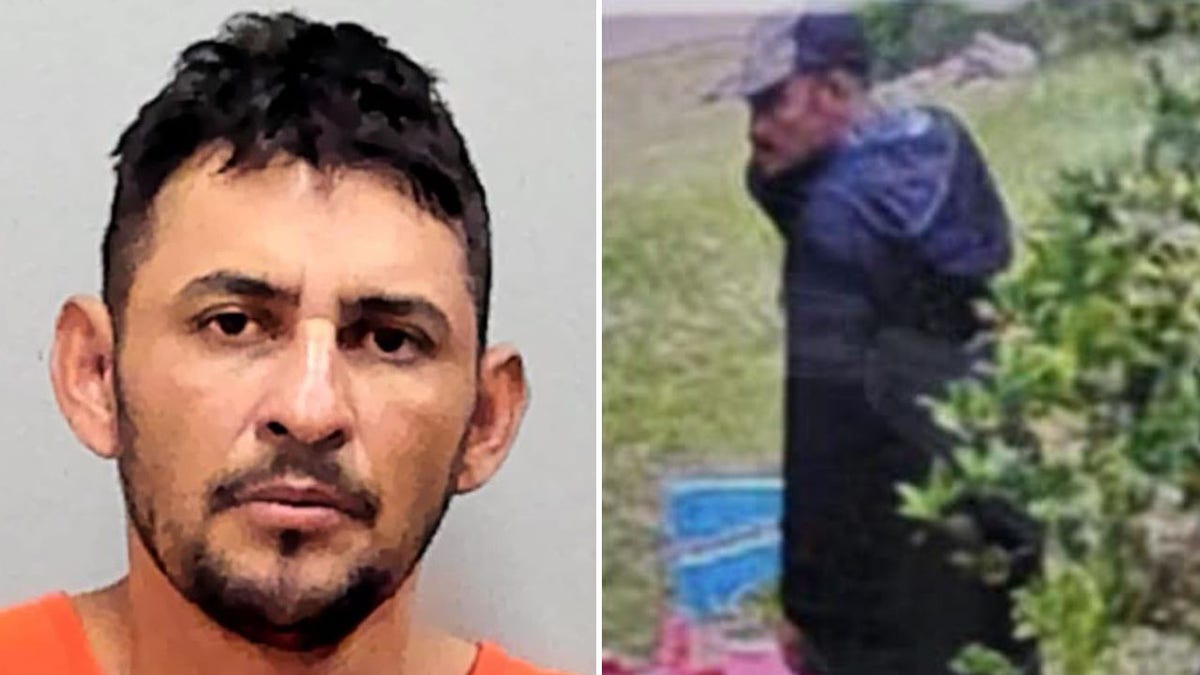An illegal immigrant from Honduras has been linked to a third Florida home burglary after DNA was pulled from a pair of sunglasses, authorities said.
Martin County sheriff’s detectives linked Oscar Amaya-Guevara, 41, to the burglary after the DNA was pulled from the shades, which tied him to the scene of an unsolved crime, authorities said.

Oscar Amaya-Guevara, 41, an illegal immigrant, was allegedly linked to a third Florida home burglary through DNA found on a pair of sunglasses. (Martin County Sheriff’s Office)
The burglary committed by Amaya-Guevara occurred in late 2023, which was followed by two more in the same area, authorities said. Amaya-Guevara, who was already in the Martin County Jail, was charged with one of those burglaries and then quickly became the main suspect in the other two unsolved cases, the sheriff’s office said.
In January, he broke into a home where a teenager was inside and violently threw her to the ground, authorities said. The teen confronted him and live-streamed video of Amaya-Guevara to her father.
BIDEN ORDER TO BLOCK MOST ILLEGAL IMMIGRANTS WHEN CROSSINGS SURGE, AS ELECTION NEARS

A pair of sunglasses that linked Oscar Amaya-Guevara, 41, to the third home burglary, authorities said. (Martin County Sheriff’s Office)
He was arrested a short time later. After obtaining his DNA, the sample was matched to the pair of sunglasses in an open case.
Oscar Amaya-Guevara is in the United States illegally from Honduras and is the subject of a detainer request from U.S. Customs and Immigration Enforcement, which asks local authorities to notify federal immigration agents when an illegal immigrant is due to be released from custody.
CLICK HERE TO GET THE FOX NEWS APP
Agents will often take the individual into federal custody to begin deportation proceedings.
“This case highlights the complexities of tracking not only traveling criminals from our region, but undocumented criminals who are much harder to locate,” the sheriff’s office said.


